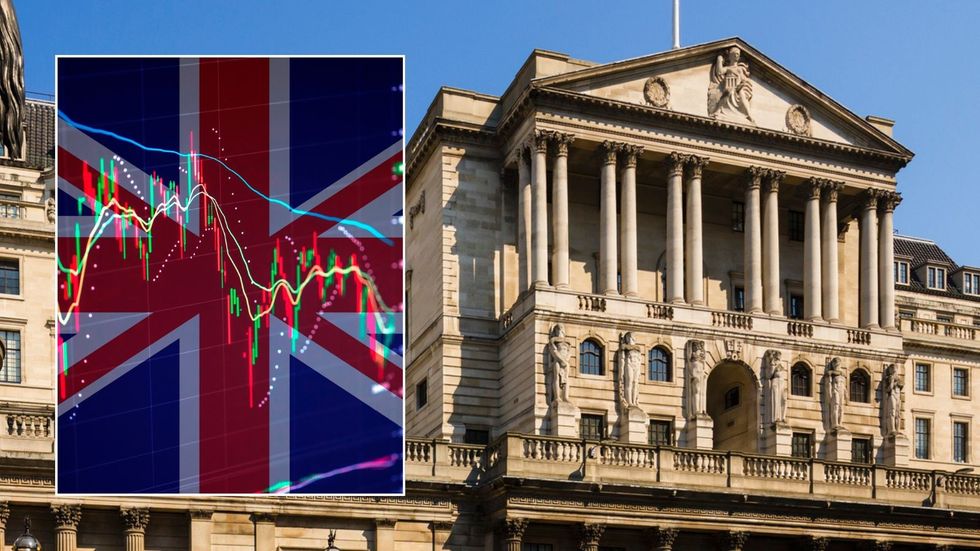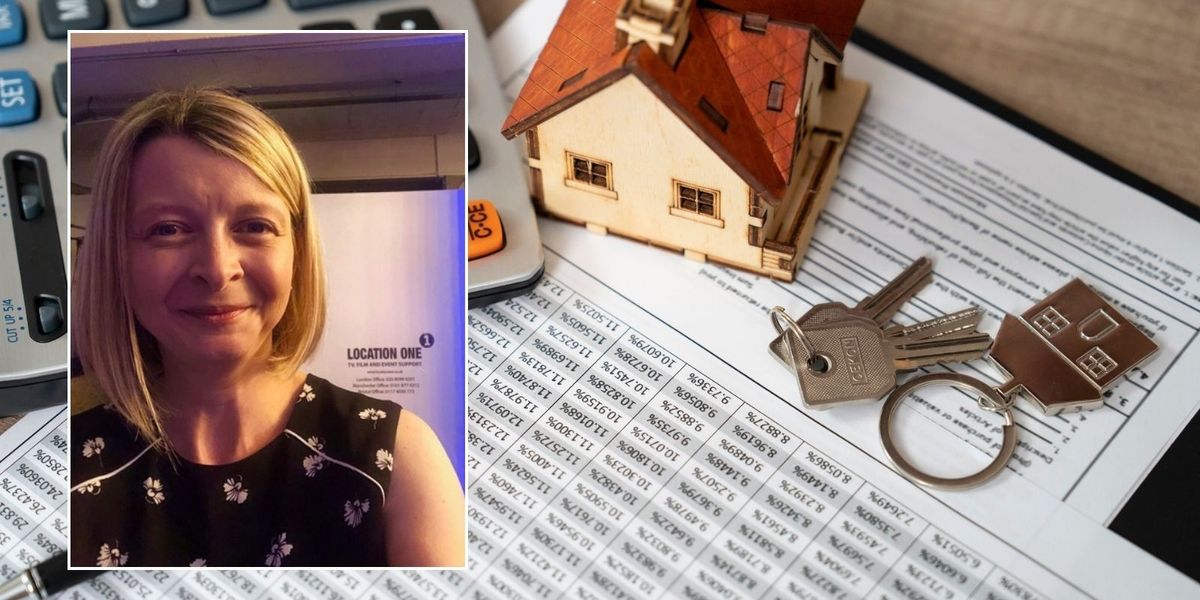Last week in my article about how to prepare for retirement, I outlined how I was able to pay off my mortgage before I turned 50. I didn’t share this information to brag or boast. I did so because I wanted to point out that doing so can provide both financial freedom and peace of mind.
During the post-pandemic cost of living crisis with so much uncertainty still rife, I can’t emphasise enough what a relief it was to pay ours off.
There’s no real easy way to do so unless you’re lucky enough to win big on the lottery, but here is how we managed it.
Monthly Overpayments
Your mortgage is likely to be your biggest debt and it’s one that will have the biggest impact if you default on it. Instead of paying the monthly £2,300 we always overpaid to the maximum permitted.
Do you have a money story you’d like to share? Get in touch by emailing money@gbnews.uk.

Jane Hawkes is revealing how you can become mortgage-free by the time you turn 50
GETTY / JANE HAWKES
Every year we had an overpayment allowance of 20 per cent of the original amount borrowed, which reset on the anniversary of when the mortgage started.
So, we could and did, pay up the 20 per cent annually without financial penalties in the form of early repayment charges.
Redirection of savings pots
Tough times call for tough decisions so you have to be realistic about what sacrifices you are willing to make to be mortgage-free.
We had a substantial amount set in savings to build a garage. Although this is something we would still dearly like to do, we knew that this money would be put to far better use in paying off the mortgage.
 The Bank of England is being urged to cut interest rates to help homeowners GETTY
The Bank of England is being urged to cut interest rates to help homeowners GETTY Now that this has been achieved, we are slowly starting to rebuild this savings pot. It may well be some time before we can afford to construct the planned garage but redirecting that savings pot elsewhere was the best and most sensible option at the time.
In the same vein, we took a hard look at ISAs, investments and Premium Bonds to see what funds could be cashed in and pooled together in our bid to be mortgage-free.
Reign in non-essential expenses and spending
In order to ascertain how much we could afford to overpay each month during the mortgage term, we had to take a good look at our finances to see if any spending could be reined in.
By making just small changes such as one meal out rather than two a week, the savings can really add up.
Although it’s nice to have two, it’s so much more practical to have one between us as well as being a financial no-brainer.
One lot of monthly payments, insurance, MOT, breakdown and maintenance costs so essentially – half what we were paying before the downsize.
LATEST DEVELOPMENTS:

Experts are sharing how Britons can pay off their mortgage faster
GETTY
I was able to make use of my money-saving tips to reduce everyday costs for groceries, insurance and utilities.
On a bigger scale, working from home meant that we did not need two cars.
When I look back, I’m sad that maybe we missed out on a lot of things by ploughing everything we had into the mortgage.
However, we are now in a much better position to be able to do (and enjoy) the things we wanted to do and more. Roll on 2025!
You can read more money advice from Jane at https://ladyjaney.co.uk/ .
























+ There are no comments
Add yours